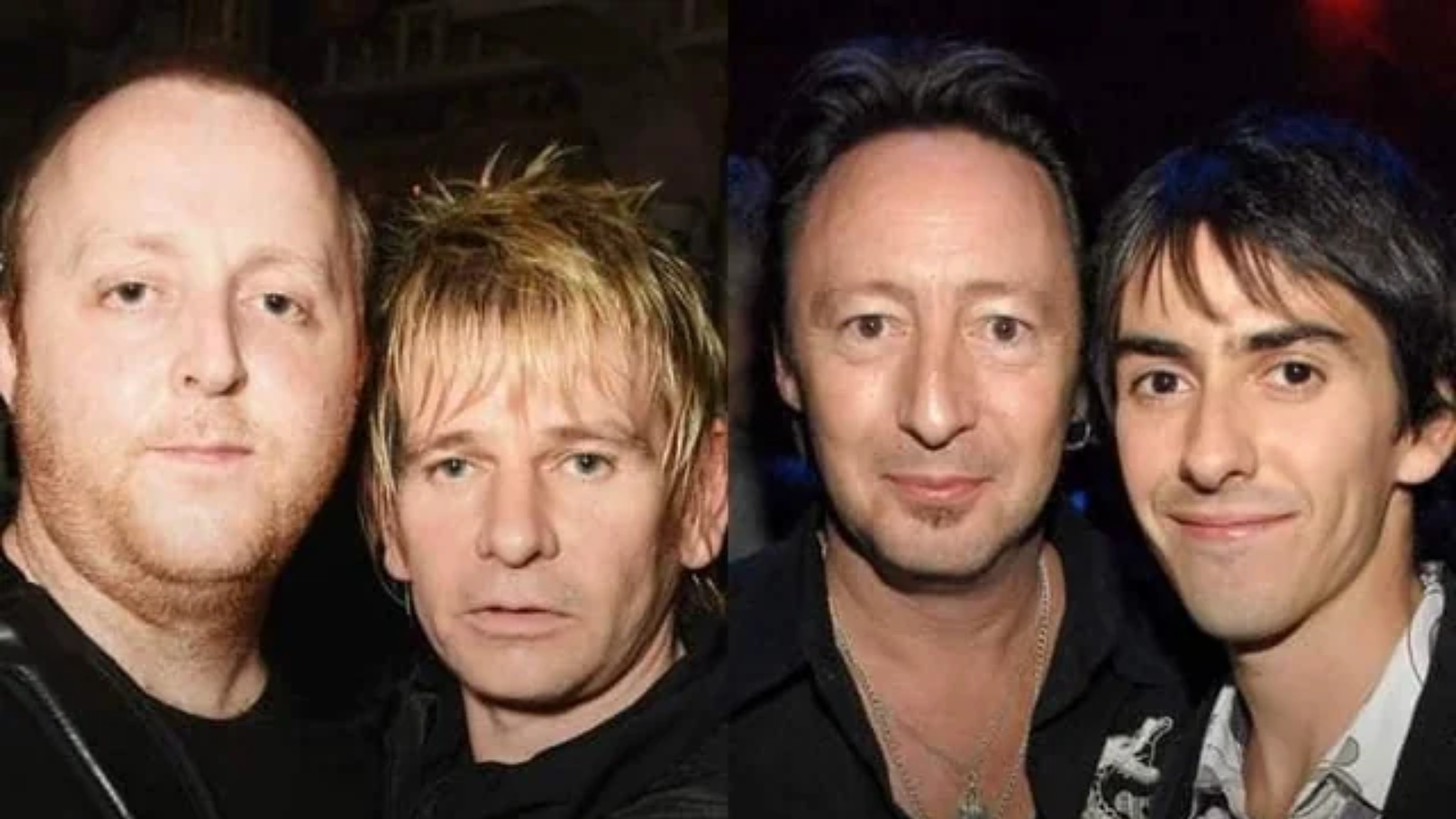When “Tomorrow Never Knows” closes out The Beatles’ 1966 album Revolver, it doesn’t just end the record—it opens a portal. From the very first hypnotic drumbeat and the swirling drone of the tambura, listeners are transported into a dimension where music transcends entertainment, becoming a doorway to the mind.
Written by John Lennon during the band’s most experimental phase, the song draws inspiration from The Tibetan Book of the Dead. Its lyrics invite listeners to surrender: “Turn off your mind, relax, and float downstream.” Lennon’s voice, filtered through a Leslie speaker, sounds ethereal and otherworldly—less a rock singer, more a guide leading us into uncharted sonic landscapes.

The instrumentation was revolutionary. George Harrison added sitar-like drones, Paul McCartney contributed reversed tape loops, and Ringo Starr’s hypnotic drumbeat created a trance-like foundation. Together, they crafted something entirely new: psychedelic yet meditative, a mantra set to sound, built not on traditional melody or chords, but on atmosphere and immersion.
What makes “Tomorrow Never Knows” truly timeless isn’t just its experimental nature, but its profound message. Beneath the looping textures and strange effects lies a truth that remains relevant: letting go, embracing the unknown, and surrendering to life’s flow can lead to peace. In 1966, this was revolutionary; today, it feels eternal.
Even now, the track sounds futuristic, as if The Beatles glimpsed a horizon no one else could see. It’s a powerful reminder that they weren’t just recording songs—they were reshaping what music could mean, creating experiences that engage both the mind and the soul.
